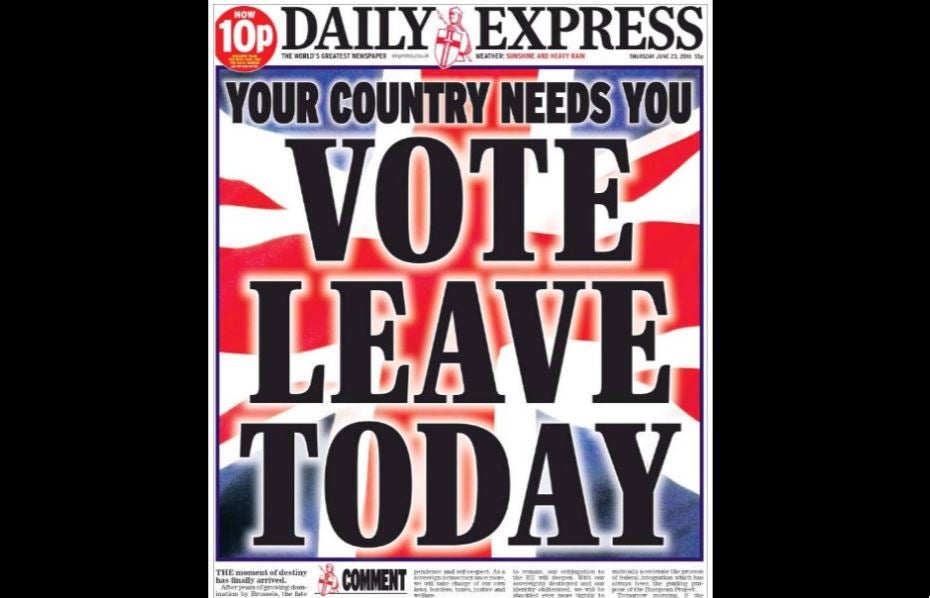
The European Commission’s army of 1,000-plus communications staff has failed disastrously to communicate with citizens across Europe, according to one senior Brussels-based journalist.
Writing on the EU Reporter website, Chris White said: “There is growing concern about how the EU’s information leviathan has failed to communicate with ordinary citizens.
“At my last count the press and communications staff of the European Commission alone numbered close to 1,000.
“That figure outnumbers the current International press corps based in Brussels which is in the region of 600 and declining. Given that the European Parliament, Council, Committee of the Regions et al have enormous press and communications teams it is worth asking the reason why the EU has so disastrously failed to communicate with the electorate across Europe, let alone the media generally.”
Times Brussels correspondent Bruno Waterfield estimates the European Commission and other EU departments employ at least 1,500 communications staff.
Asked why they have not done a better of making the case for EU membership, he points out that David Cameron specifically told EU leaders to stay out of the Brexit debate.
He added: “My granny always used to say you can’t polish a turd and that’s one of the of the problems with huge institutions of government and bureaucracy. They put out lots of glossy leaflets…
“He said the EU is well covered by the UK media with five FT correspondents in Brussels and most other UK national newspapers having one or two correspondents (with the exception of The Sun and Mirror). There is also Politico, an entire newspaper and website devoted to covering European politics which launched last year.
Asked about the quality of the coverage in general, and the fact the pro-EU group In Facts as made numerous complaints about pro-Brexit stories, he said: “There have been a lot of misleading claims, particularly the £350m a week for the NHS, but I think that political campaigning groups like In Facts should sort things out in public and do it politically rather than through IPSO.”
Former BBC journalist Michael Cole, who has been working in public relations for 27 years, wrote a guest blog for Press Gazette arguing today that “propaganda” from national newspapers helped swing the vote in favour of “Leave”.
He said: “Why hasn’t the EU fought its own propaganda campaign? Why hasn’t it underscored the ways in which it plays a positive role in English life? On the Celtic fringes of the U.K., it is common to see road signs delivering messages like: ‘This bridge was built with funds from the European Union’. But few such messages are seen in England.
“It is admirable to do good by stealth. But there are times to bang the drum. Public relations cannot do anything for an inferior product. But it can do wonders for something that people use and value, especially when you explain that they owe it to Europe.
“No one in Brussels really bothered to make the case to the British people. They didn’t think they needed to. The other nations know how useful EU membership has been. But the other nations do not have four mass-selling newspapers vociferously opposed to the EU.
“It doesn’t help that Brussels is a bloated bureaucracy. That is open to honest criticism. But the German Press, for instance, does not start from the position that the EU is the work of the devil.”
Email pged@pressgazette.co.uk to point out mistakes, provide story tips or send in a letter for publication on our "Letters Page" blog
